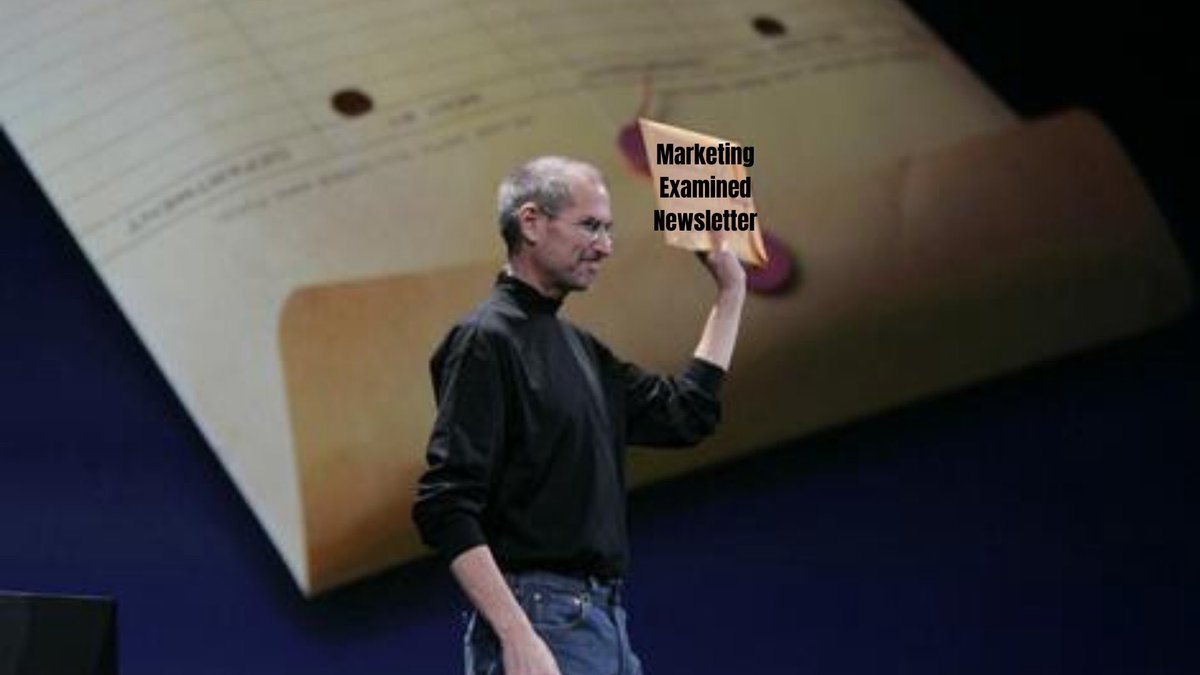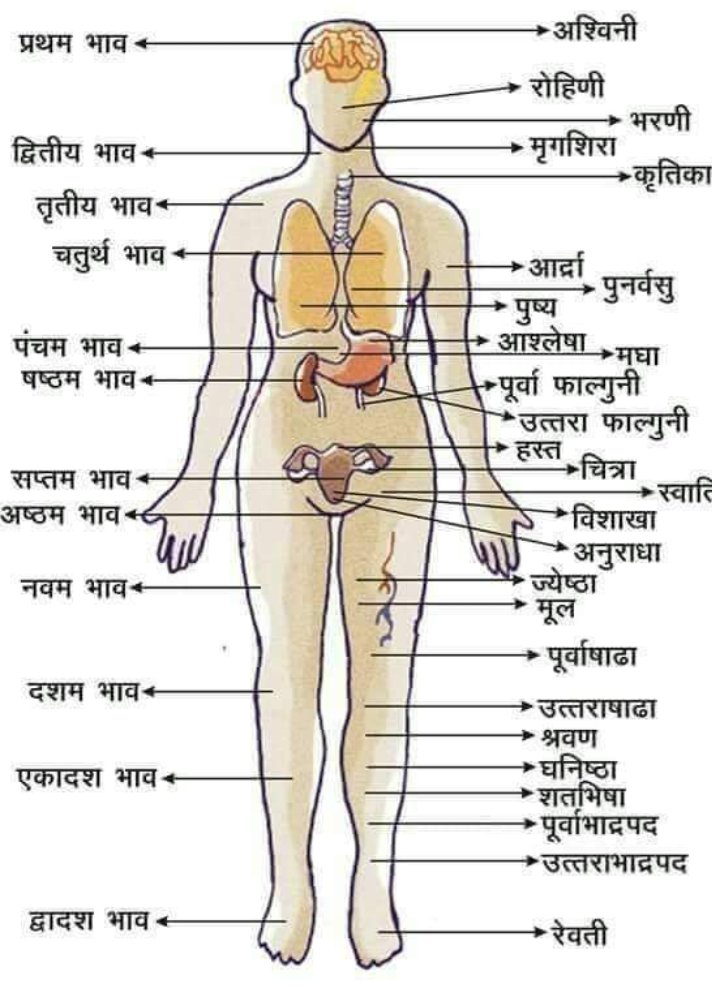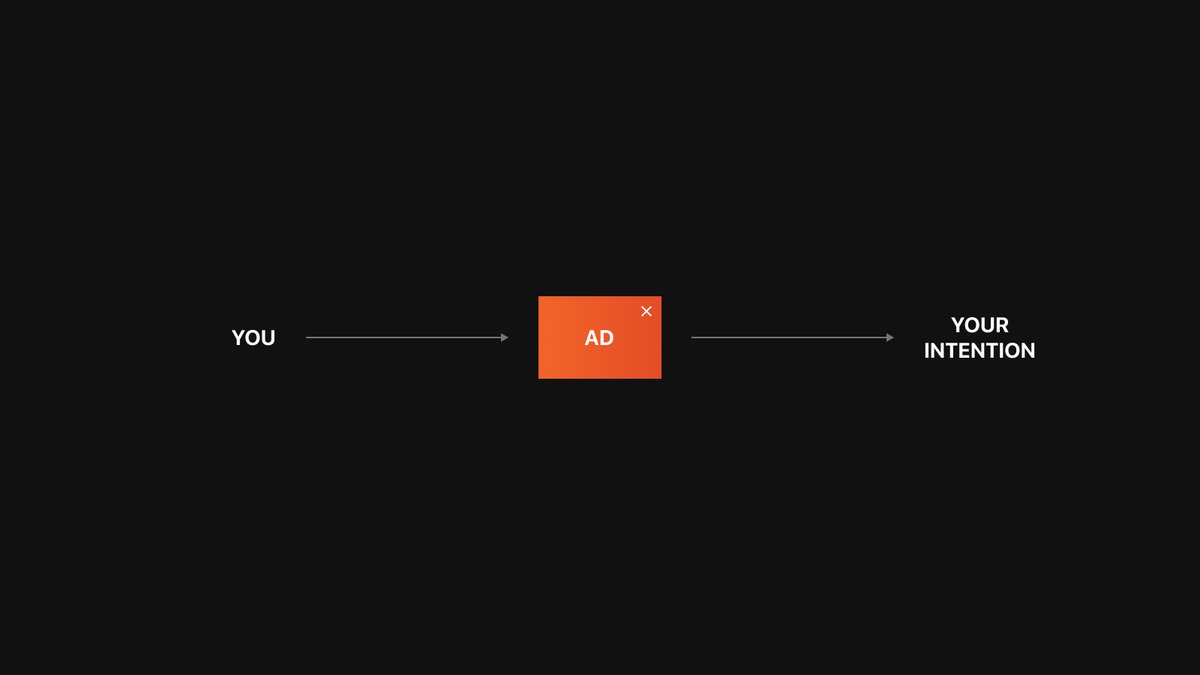
Why digital advertising is broken and how we’re fixing it: (thread)

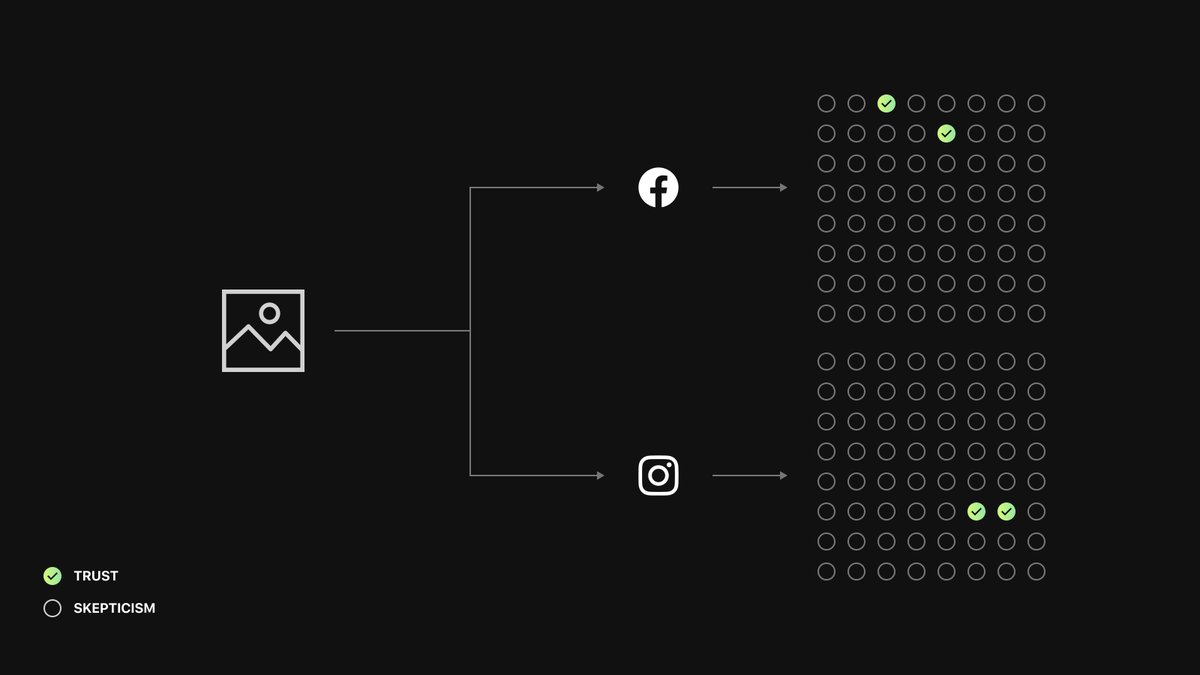
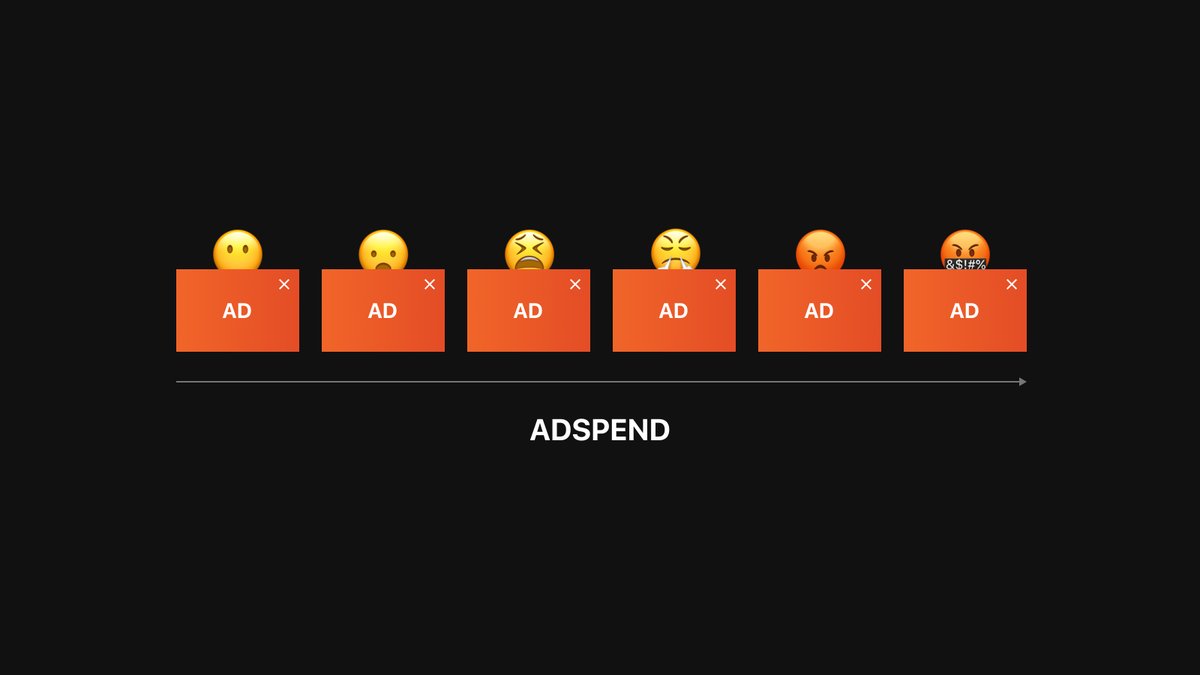
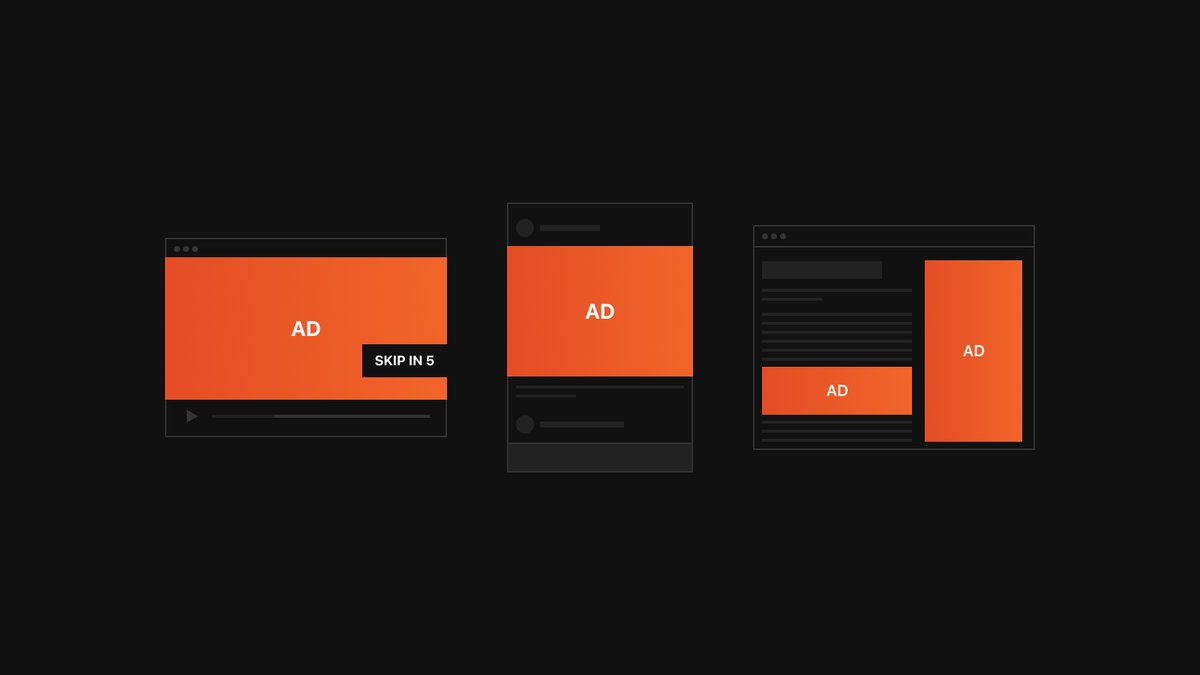
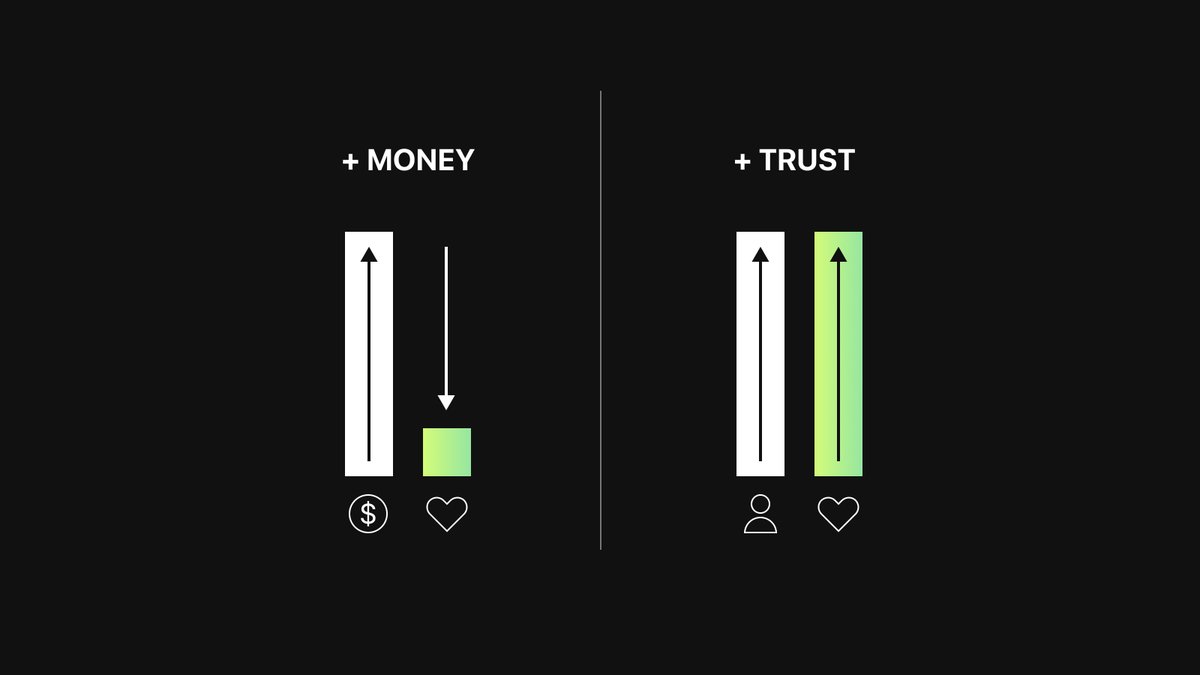
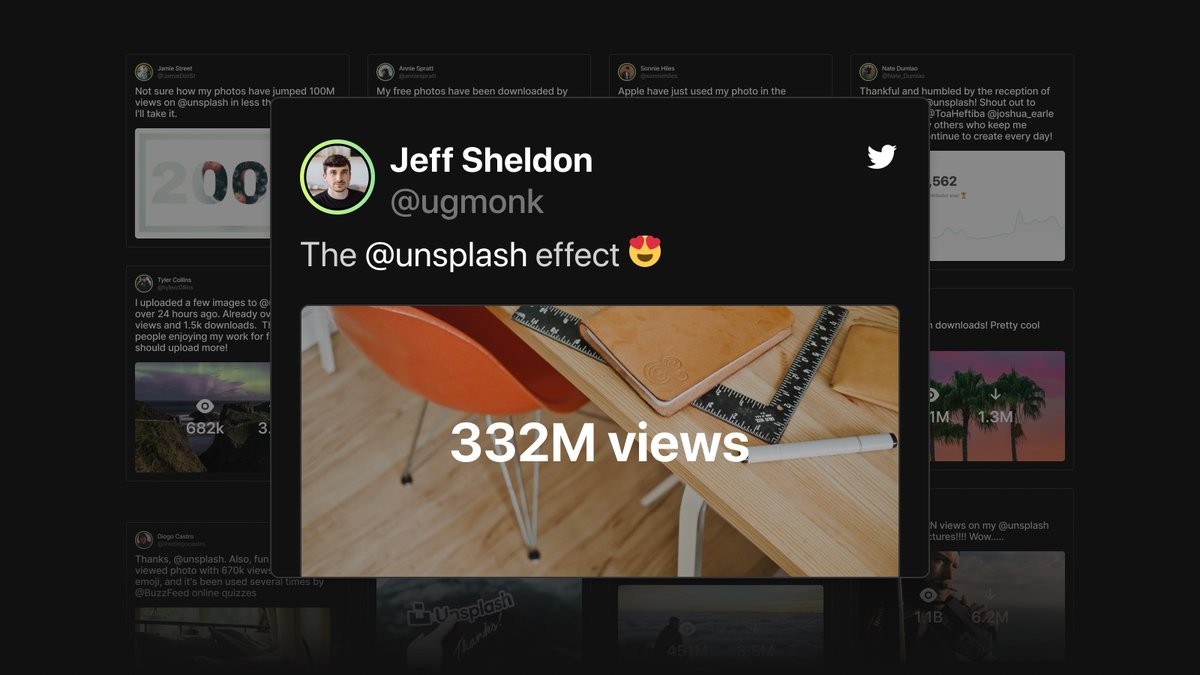
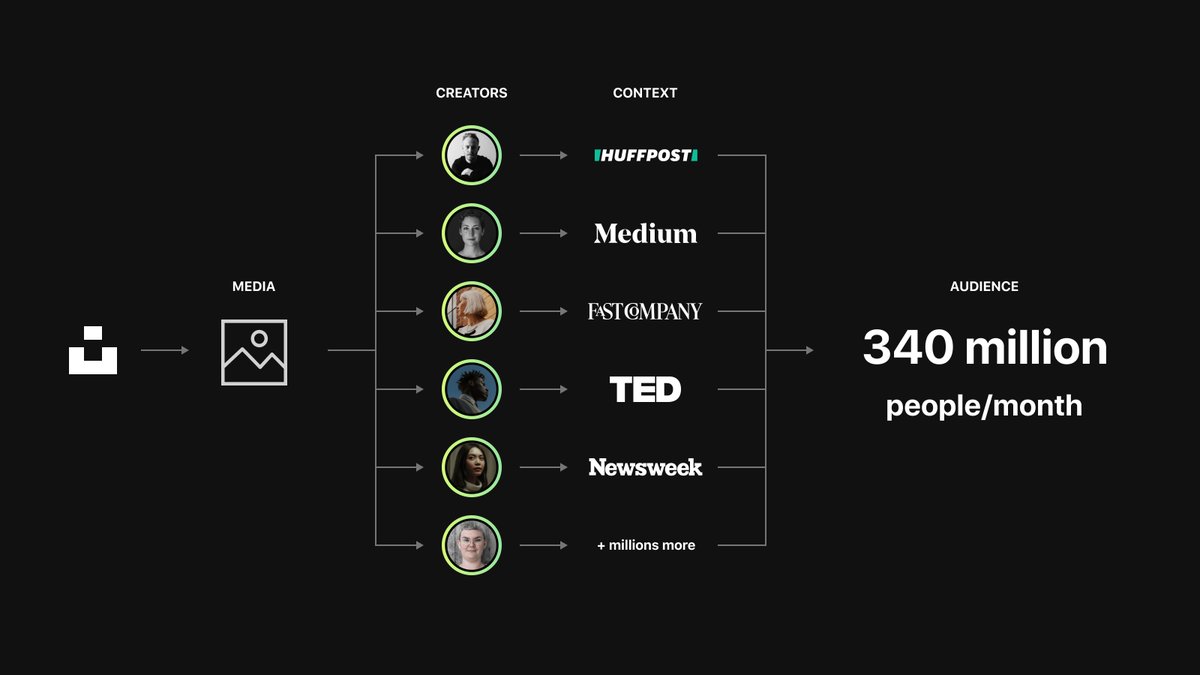
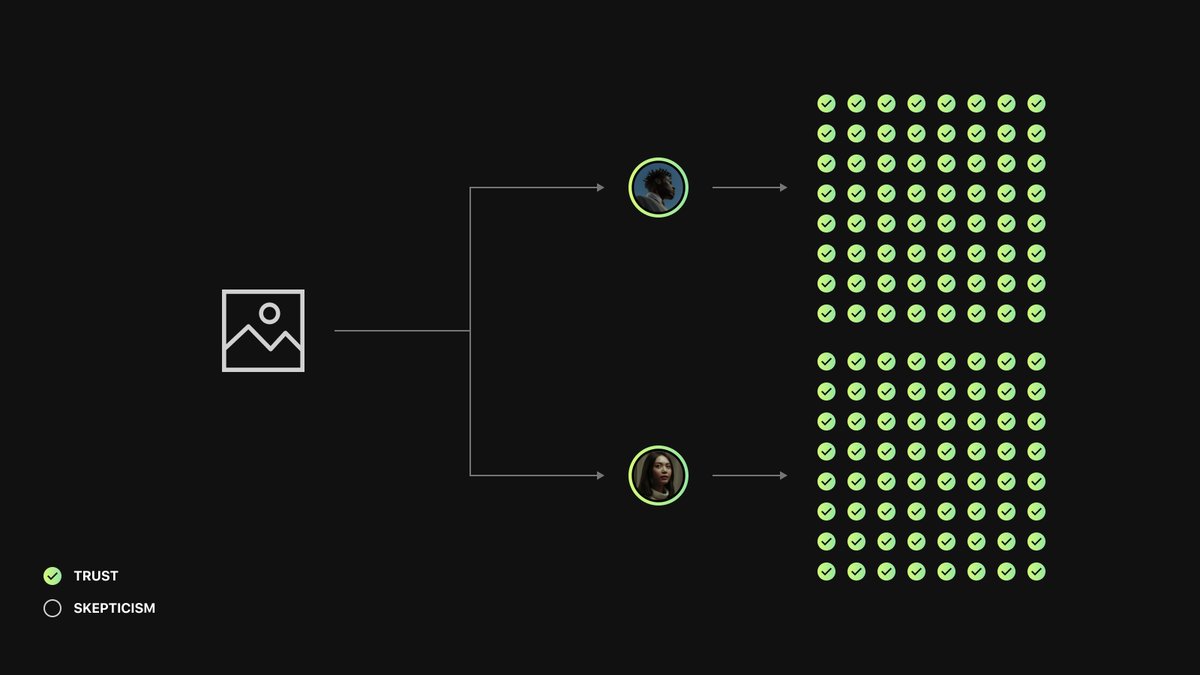
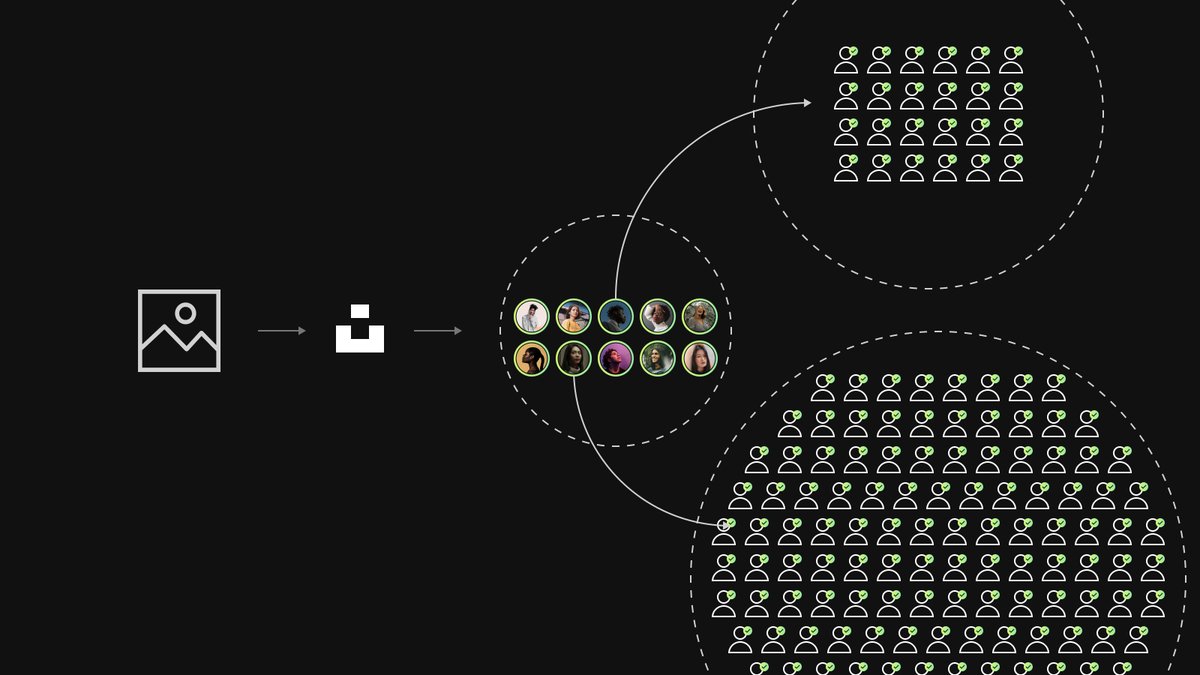
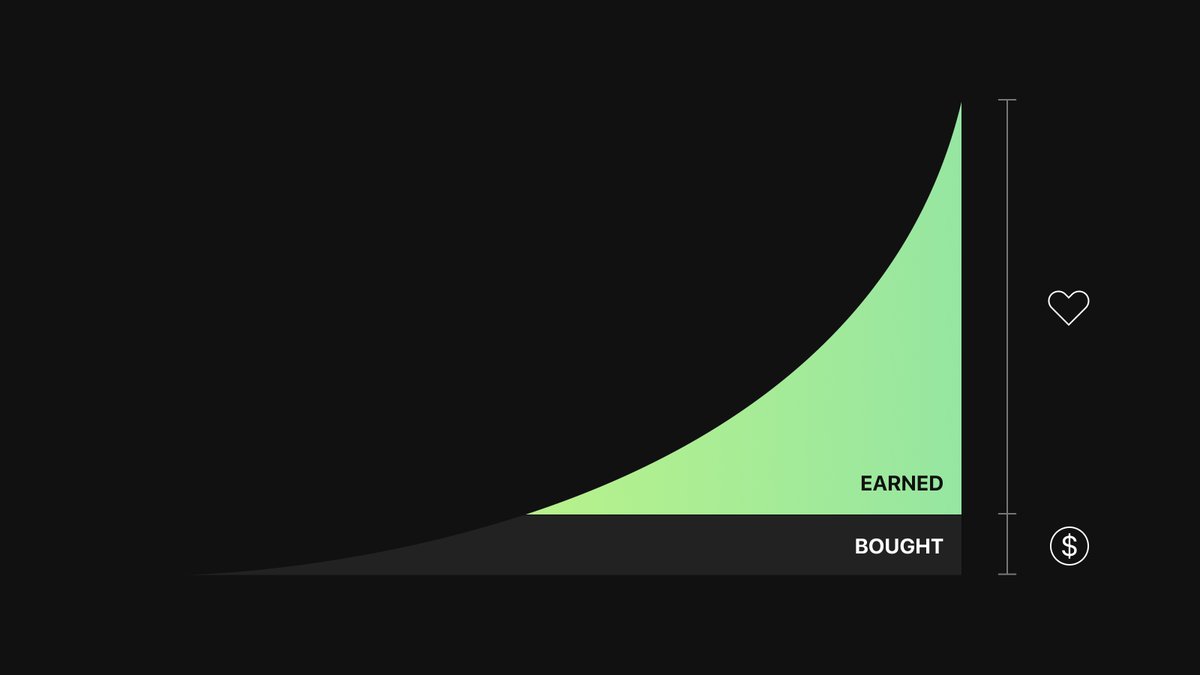
more: https://t.co/3XBXuCOE0K
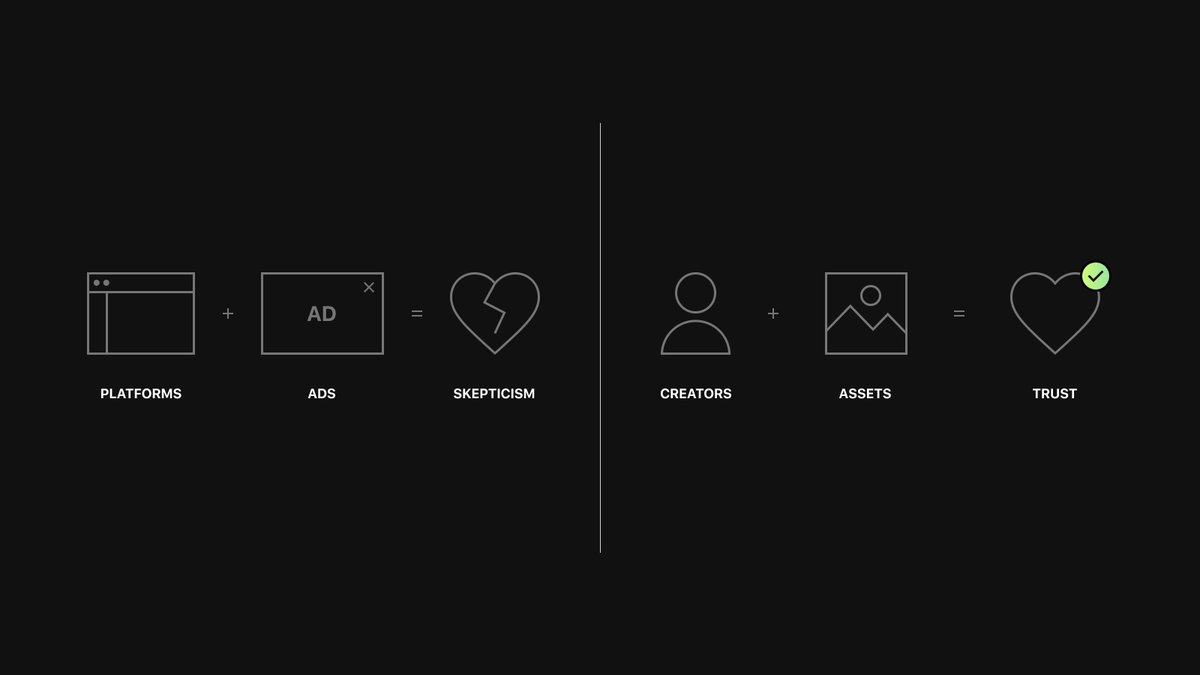
More from Marketing
Master list of how to SCRAPE any category of leads.
Ecommerce, local biz, B2B, LinkedIn searches, info product sellers, enterprise, ANYTHING.
Likes / Retweets appreciated.
THREAD
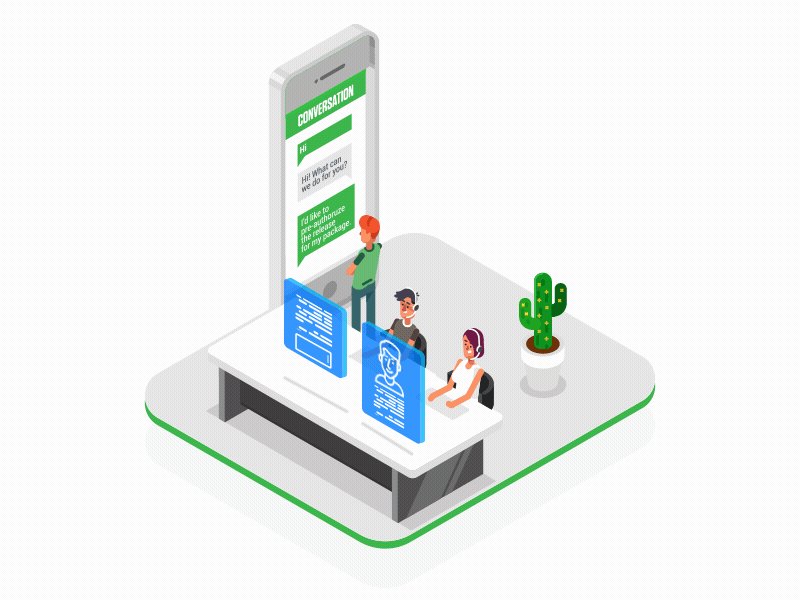
1/ Ecommerce Stores
Use https://t.co/McZHDIlDFn
Further filter based on apps installed.
Selling email marketing?
Shopify + Klaviyo
Instantly unlock direct email addresses of decision makers WITH LinkedIn profiles.
Emails are already verified, no need to do it yourself.
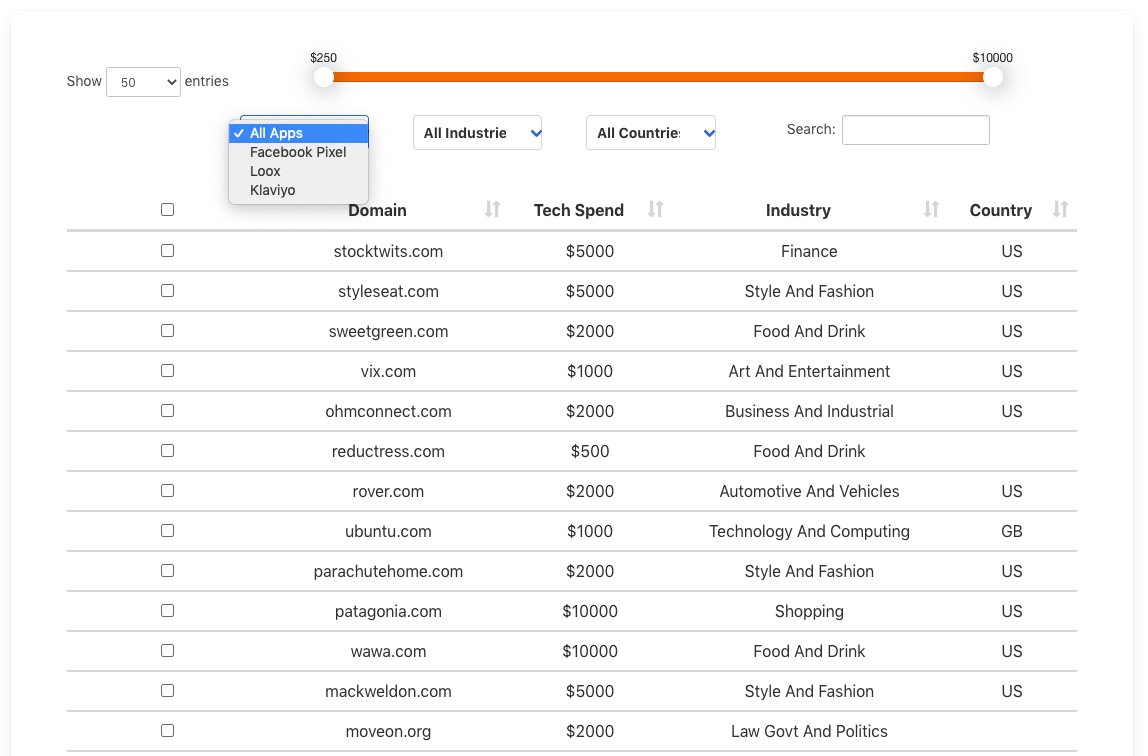
2/ Local Biz
Use https://t.co/B53qu5yEIy
"Find B2C local businesses"
Specify country, state, city, sort by ratings.
Instantly unlocks generic email addresses.
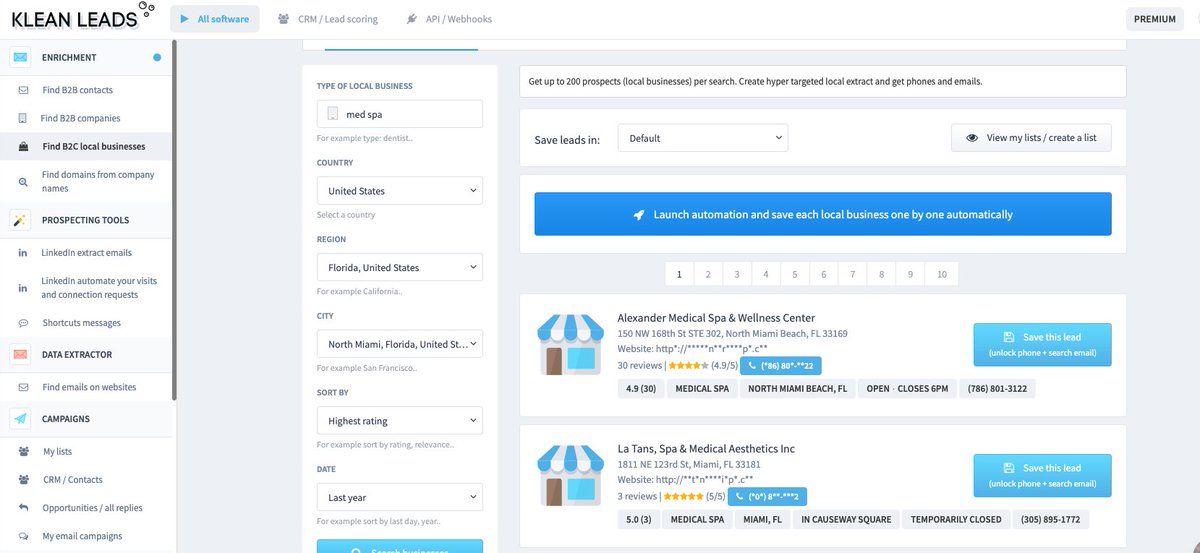
But wait
You need direct owner emails.
Take the list of domains, and plug them into Klean Leads "Find B2B contacts"
CEO
CMO
Founder
Owner
etc.
It will process and spit out *direct* email addresses of the titles you specify.

3/ LinkedIn Searches
Let's scrape marketing agencies.
Go to LinkedIn and type in "marketing agency" (just an example)
Click "all filters"
Connections: 2nd, 3rd
Location: US
Industry: Marketing & Advertising
Titles: owner OR founder OR CEO OR CMO
Ready?
Let's scrape it
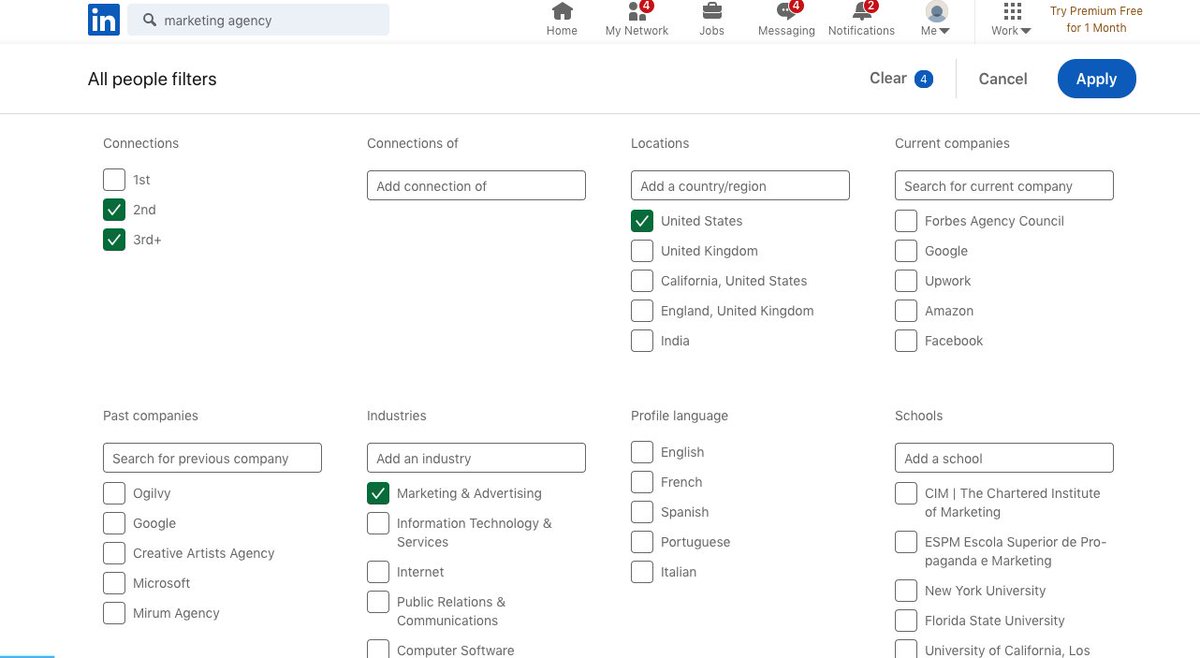
Ecommerce, local biz, B2B, LinkedIn searches, info product sellers, enterprise, ANYTHING.
Likes / Retweets appreciated.
THREAD

1/ Ecommerce Stores
Use https://t.co/McZHDIlDFn
Further filter based on apps installed.
Selling email marketing?
Shopify + Klaviyo
Instantly unlock direct email addresses of decision makers WITH LinkedIn profiles.
Emails are already verified, no need to do it yourself.

2/ Local Biz
Use https://t.co/B53qu5yEIy
"Find B2C local businesses"
Specify country, state, city, sort by ratings.
Instantly unlocks generic email addresses.

But wait
You need direct owner emails.
Take the list of domains, and plug them into Klean Leads "Find B2B contacts"
CEO
CMO
Founder
Owner
etc.
It will process and spit out *direct* email addresses of the titles you specify.

3/ LinkedIn Searches
Let's scrape marketing agencies.
Go to LinkedIn and type in "marketing agency" (just an example)
Click "all filters"
Connections: 2nd, 3rd
Location: US
Industry: Marketing & Advertising
Titles: owner OR founder OR CEO OR CMO
Ready?
Let's scrape it









